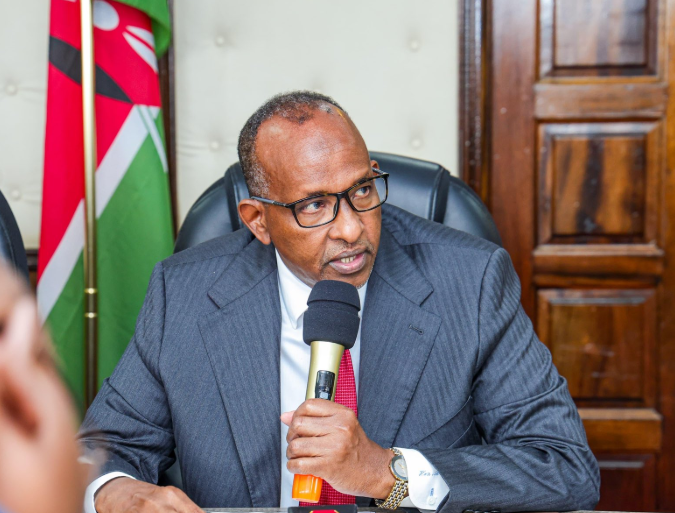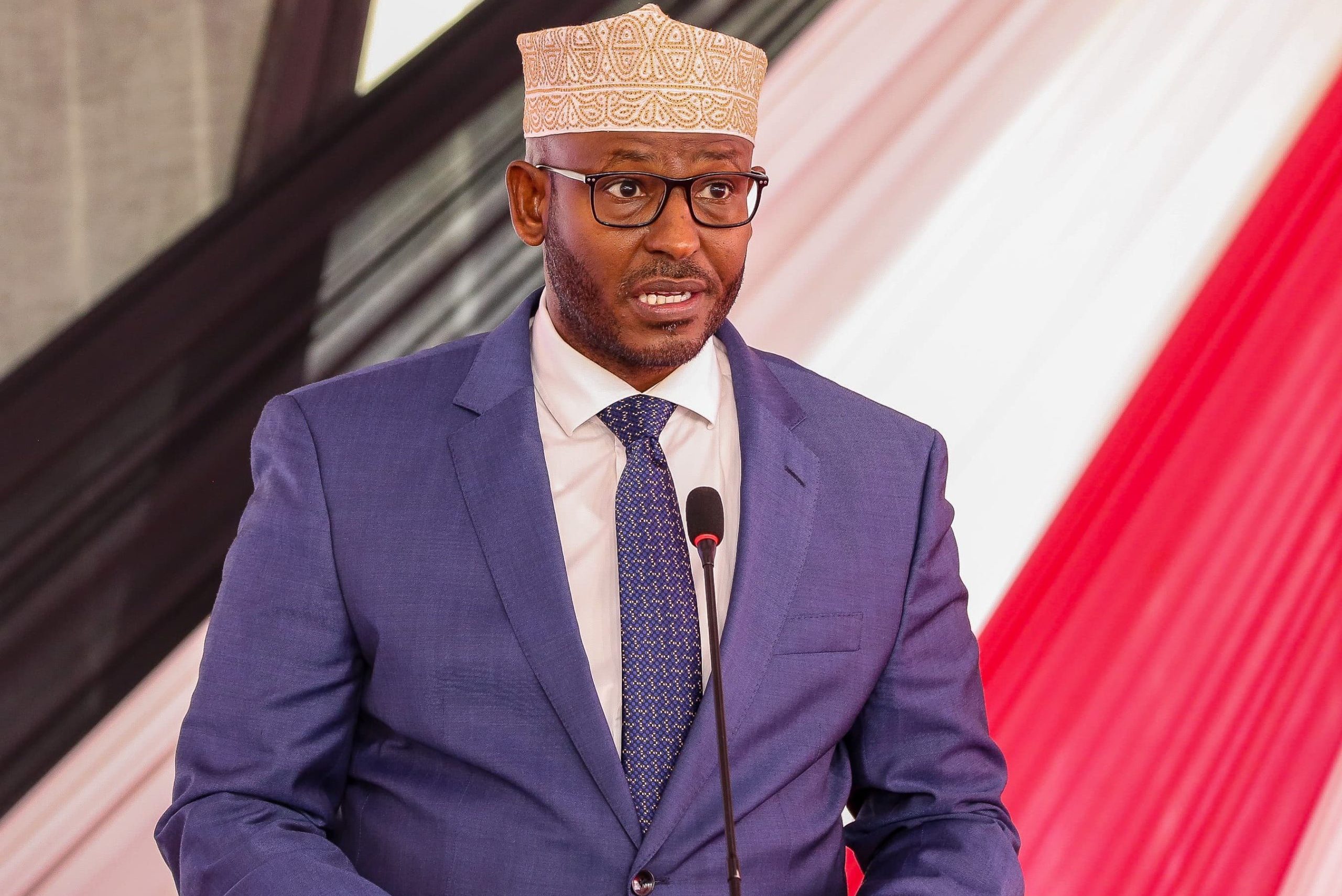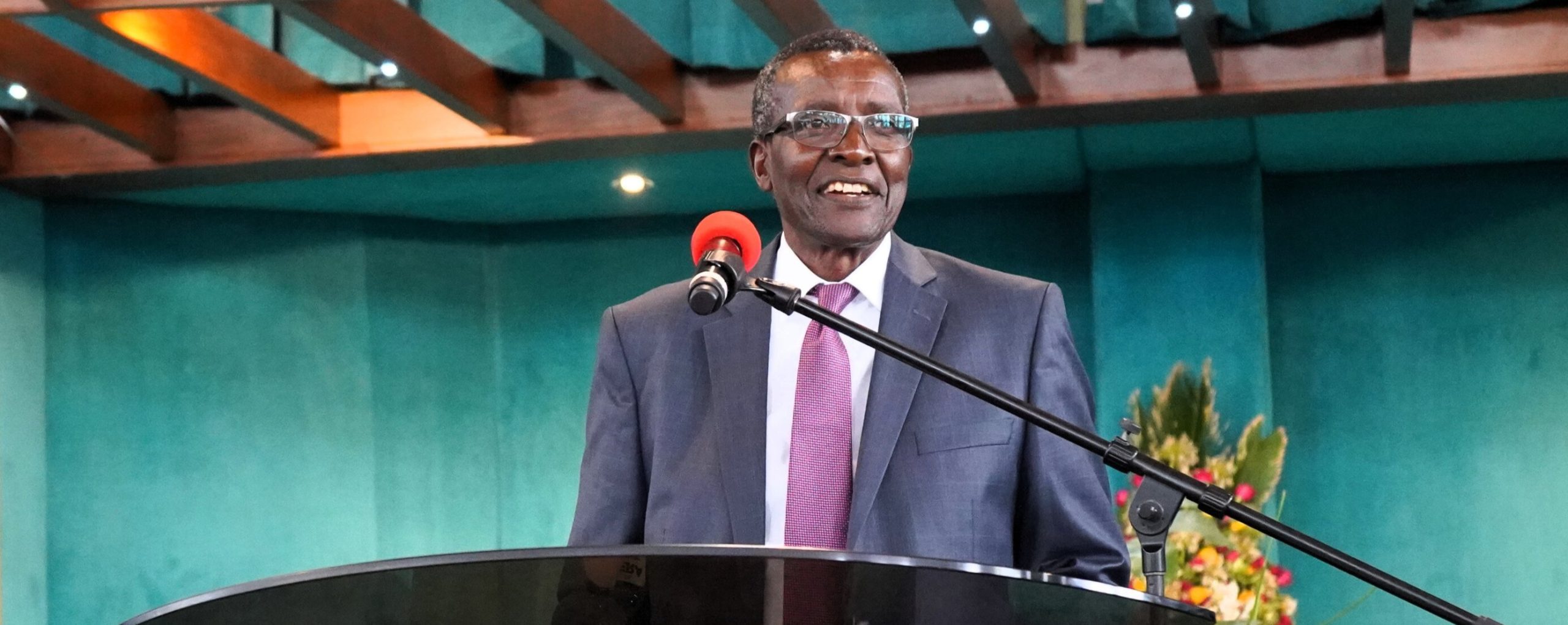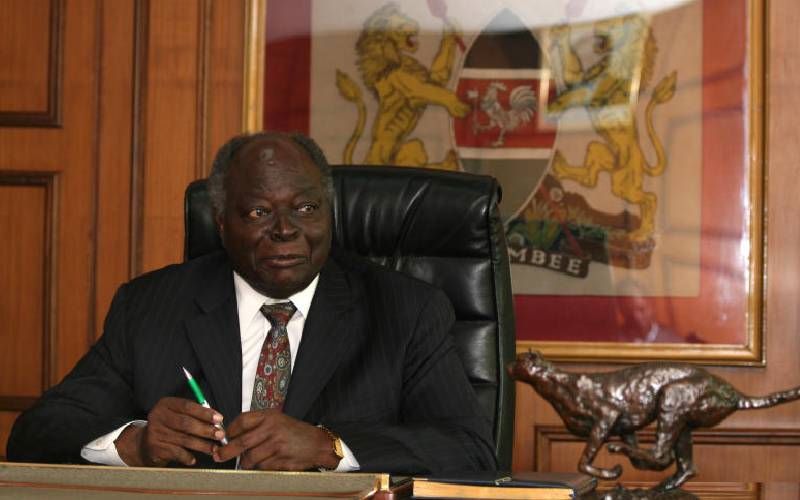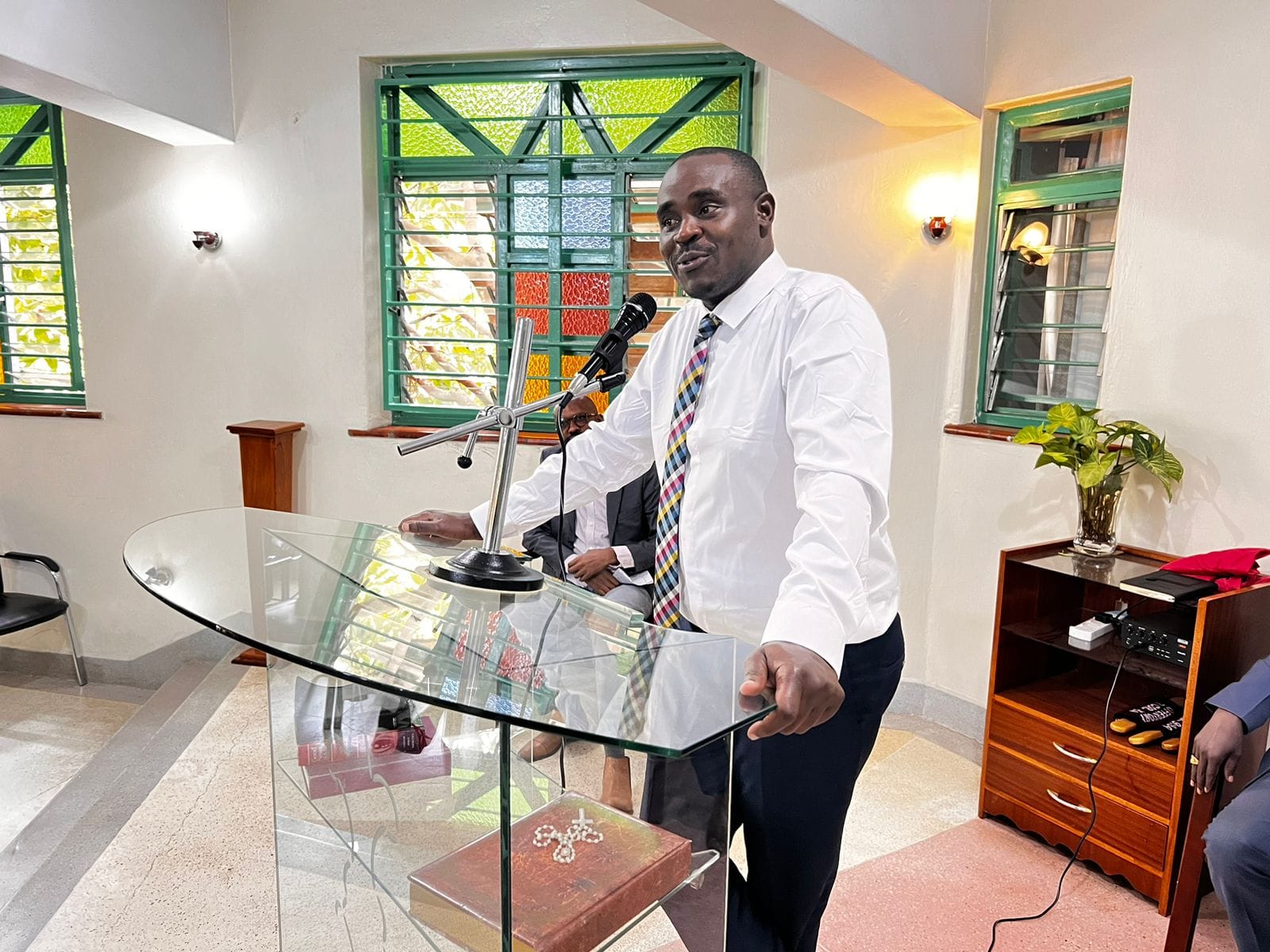WHO: Mental Illness Widespread in Conflict Areas
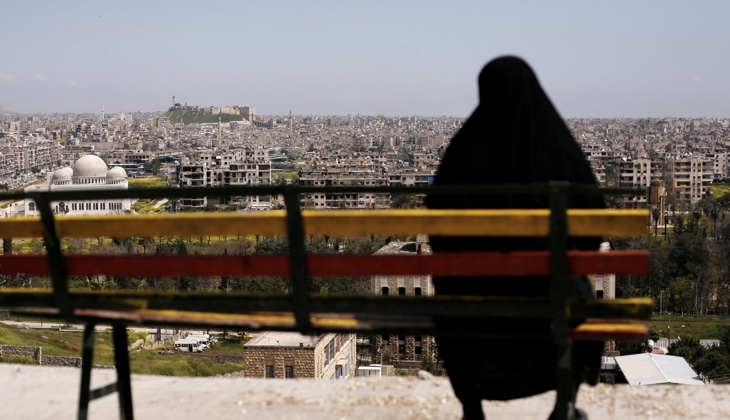
VOA
The World Health Organization said this week that one in five people living in conflict areas suffers from a mental illness, compared with one in 14 people in the general population globally.
Findings from a new study indicate that the extent of the problem has been grossly underestimated.
The United Nations has estimated that nearly 132 million people in 42 countries are affected by conflict and disaster.
The WHO said 22 percent of people living in areas of conflict were suffering from some form of mental disorder, including depression, anxiety, post-traumatic stress disorder, bipolar disorder or schizophrenia. It said 9 percent were afflicted by a moderate or severe disorder.
Health officials agree treatment and care for these populations is desperately needed, but the gap between need and care in conflict settings is huge. For example, in Syria, data show one mental health care worker is available for every 10,000 people.
In Afghanistan, there is one mental health worker for every 50,000 people, and in South Sudan that number rises to one mental health care worker for every 100,000 people.
Reason for hope
Despite these grim statistics, Fahmy Hanna, a technical officer in the WHO’s Department of Mental Health and Substance Abuse, said the situation was far from hopeless. He cited the example of Syria. Before the outbreak of war in 2011, he said, mental health services were available in only two psychiatric hospitals in Damascus and Aleppo.
“Now, in 2019, mental health care is provided in conflict-affected Syria by several partners, including WHO and key collaborating agencies, at primary health care facilities, secondary care facilities,” He said. “Support at school is provided; at women’s centers; in more than 11 Syrian cities, compared with only two cities and only two psychiatric hospitals before the war.”
Hanna said WHO is addressing mental health problems in a growing number of countries and territories affected by large-scale emergencies.
He said programs similar to the ones in Syria have been introduced in primary health care facilities for displaced people in northeastern Nigeria, eastern Ukraine and other areas of conflict.
The WHO said it is important for all countries to invest in mental health, but particularly in conflict-affected populations where the treatment of mental disorders very often is a matter of survival.





